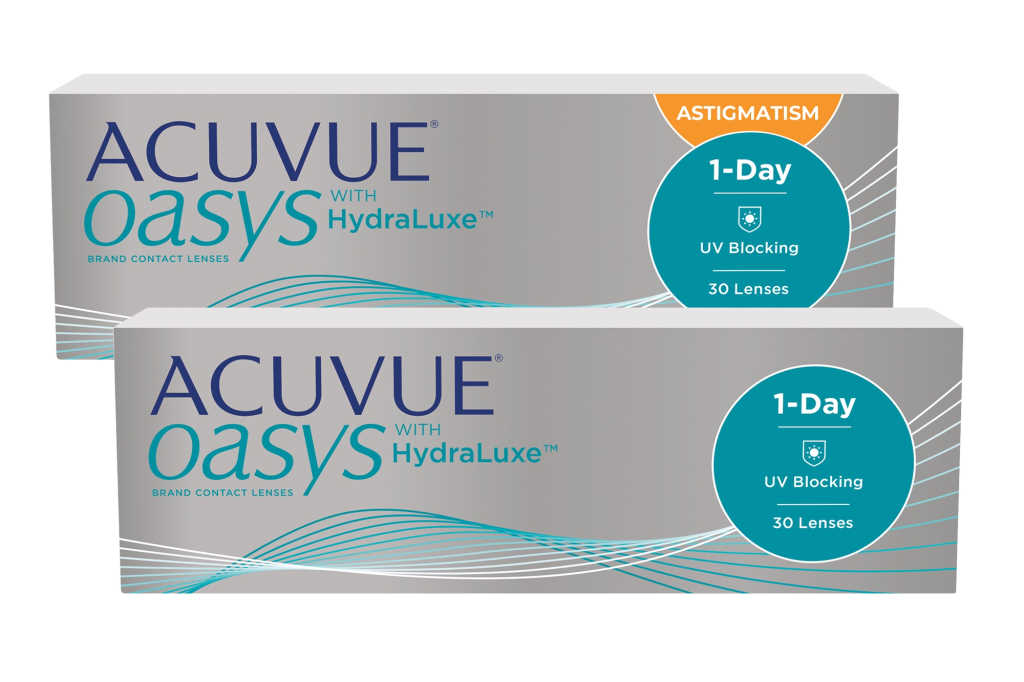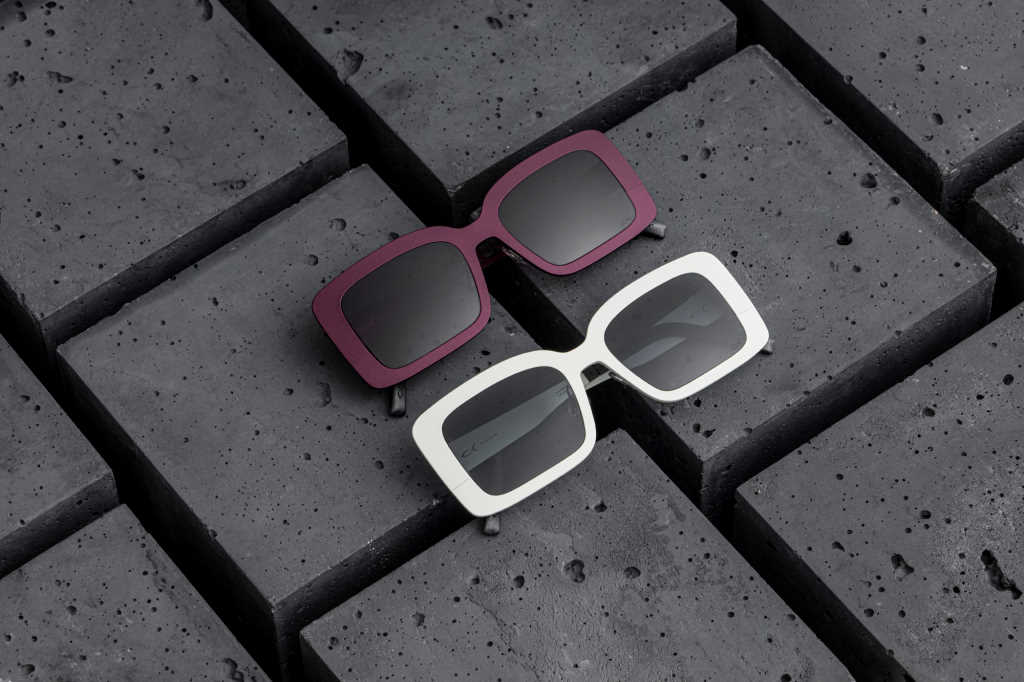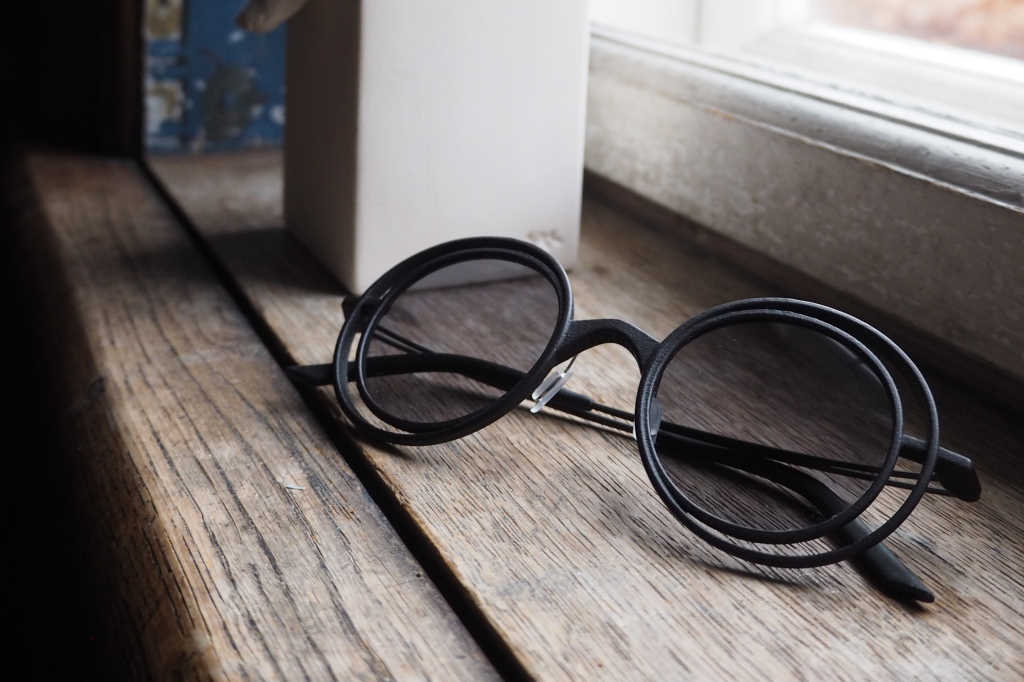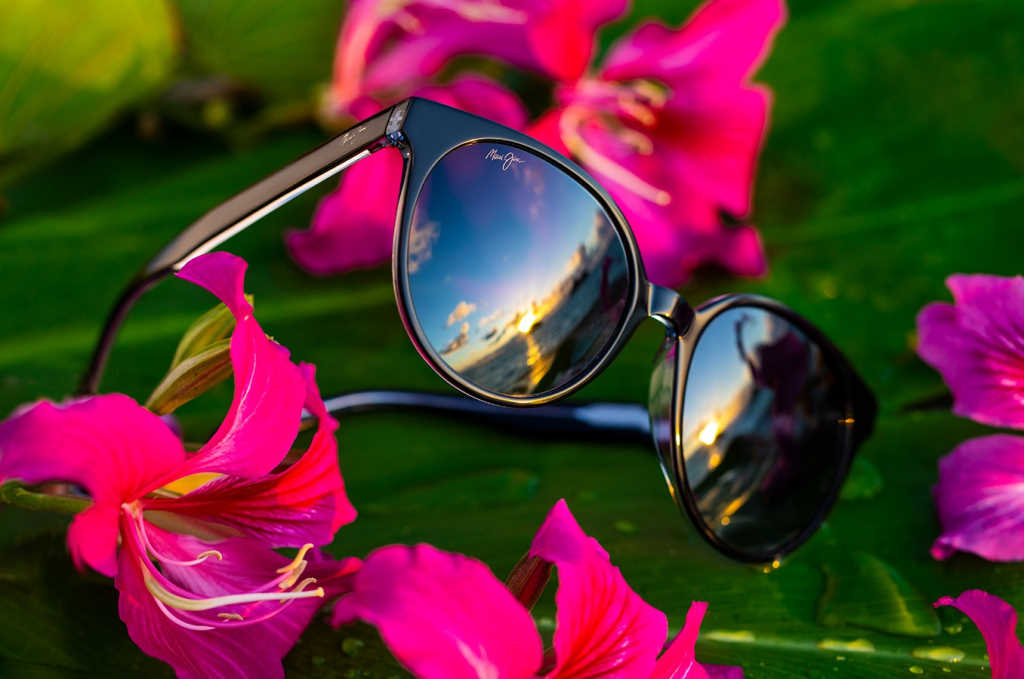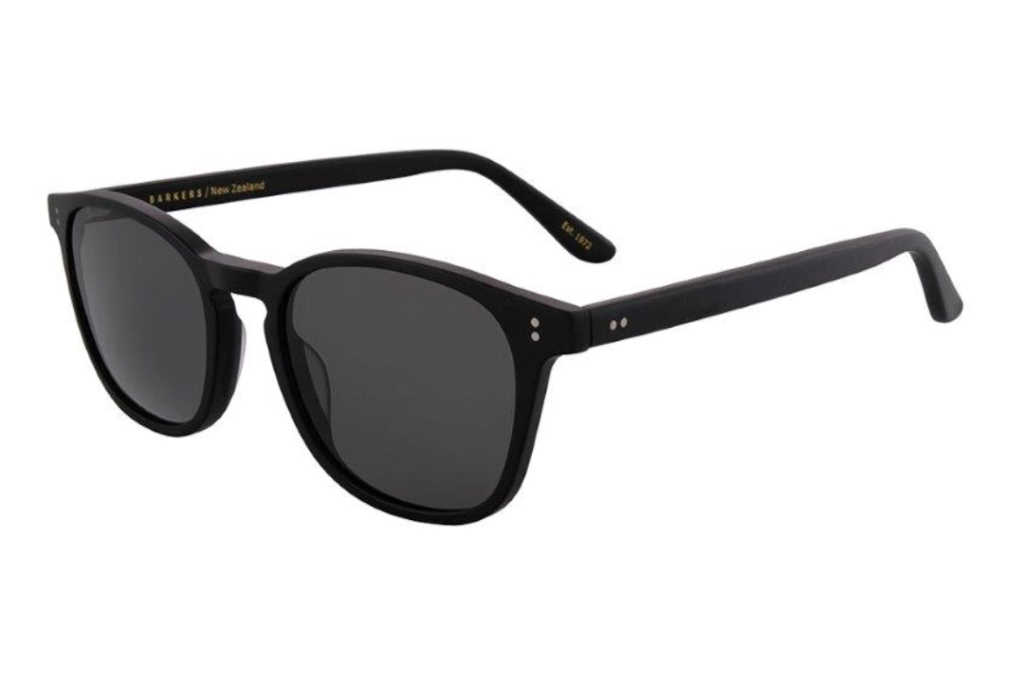SPONSORED: Protect your eye with ACUVUE
With summer upon us, people’s attention turns to how to prepare for and protect themselves against the sun’s harmful rays. Whilst most people are aware of the damage that excessive exposure to the sun can have on the health of their skin, much less of an emphasis is placed on eye health whilst out in the sun. That’s why ACUVUE is calling for people to take precautionary steps this summer, with the only contact lens portfolio that has inbuilt UV protection.
All ACUVUE brand contact lenses offer Class 1 or 2 UV blocking to help protect from the transmission of harmful UV radiation to the cornea and into the eye1. One of the known risk factors for cataract formation is long term exposure to UV radiation. Sunglasses may not block all UV rays from reaching the eye. All ACUVUE brand contact lenses contain high levels of UV-blocking making them sunglasses’ perfect partner to help block the transmission of harmful UV radiation2.
- JJV Data on File 2018. ACUVUE Master Brand Claims on Clinical Performance and Overall Material Properties.
- JJV Data on File 2018. ACUVUE Brand UV Claims
*Helps protect against transmission of harmful UV radiation to the cornea and into the eye.
^WARNING: UV-absorbing contact lenses are NOT substitutes for protective UV-absorbing eyewear such as UV-absorbing goggles or sunglasses because they do not completely cover the eye and surrounding area. You should continue to use UV-absorbing eyewear as directed. NOTE: Long-term exposure to UV radiation is one of the risk factors associated with cataracts. Exposure is based on a number of factors such as environmental conditions (altitude, geography, cloud cover) and personal factors (extent and nature of outdoor activities). UV-blocking contact lenses help provide protection against harmful UV radiation. However, clinical studies have not been done to demonstrate that wearing UV-blocking contact lenses reduces the risk of developing cataracts or other eye disorders. Consult your eye care practitioner for more information.









